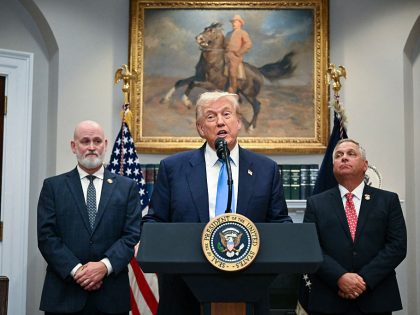
October 7, Two Years On
Two years into its war on Gaza, Israel faces global condemnation and a growing Palestinian solidarity movement. Yet, as analyst Mouin Rabbani explains, US support remains unwavering, and Israel shows little concern for the world’s outrage.


















